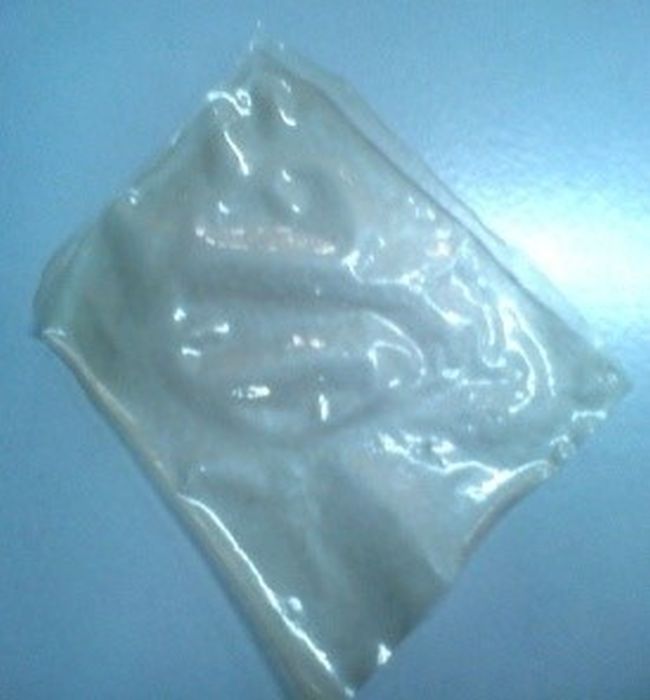New Delhi: From chips and biscuits we eat to pulses and spices we purchase, each and everything comes in plastic packaging. Plastic is cost effective and readily available. But the mismanagement of plastic waste pollute the environment especially soil and water. According to a report by World Economic Forum, if no immediate steps are taken, oceans may have more plastic than fish (in terms of weight) by 2050. In a bid to make a difference in what is turning out to be a global crisis, three professors of Bhaskaracharya College of Applied Sciences, University of Delhi (DU) have developed a biodegradable polymer film for packaging.
In 2011, three professors, Dr. Susmita Dey Sadhu, a polymer chemist, Dr. Meenakshi Garg, a food technologist and Dr. Shivani G. Varmani, a biochemist, identified two major social and environmental issues plaguing India in modern times – malnutrition in children and pollution due to improper disposal of plastics. Once they zeroed in on the problems they decided to find solutions.
Also Read: Maharashtra Plastic Ban: Food Processing Industry Stares At Losses Worth Crores
In 2011, we submitted a project concept to the University of Delhi. The aim of our project was to develop a nutrition bar which will be completely indigenous and serve 1/3rd of the total nutrition required by a child and the other was to pack it in a biodegradable packaging material, said Dr Susmita Dey Sadhu while speaking to NDTV.
The research started in 2011-2012 and focused not only on developing a nutrition bar and a biodegradable packaging material, but also study the shelf life of the edible bar in the package. Despite being in full time teaching profession, the professors along with the help of 10 students from three different departments managed to come up with two products – biodegradable polymer film for packaging and a nutrition bar.
Explaining the process and material used in making biodegradable polymer film Dr Susmita said,
There are two kinds of plastics, biodegradable and non-biodegradable. We have used biodegradable synthetic and natural plastics. For biodegradability, a material should be water soluble and ours is so. The plastic film will dissolve in water in two days and almost within one month in soil. Also, it does not contain any harmful material and is food safe.
Also Read: Amritsar’s Golden Temple Takes A Step To Go Plastic Free, Discards Plastic Bags For Prasad
Since, the material is water soluble and not water resistant; it can be used as an immediate packaging material for dry food items like to wrap chocolates, chips, biscuits, seal food and sweet boxes. The outer packaging needs to be water resistant so that it can protect the primary packaging from water.
The plastic film can be used to seal dry food and sweets, reason being; such food items will be consumed immediately or within a couple of days and the film will not come in direct contact to the water. Also, chocolates, biscuits can also be packed, only when they will have a secondary packing like a big box having 20-30 chocolates, says Dr Susmita.
The materials used in making of biodegradable polymer film are very reasonable (in terms of price) so, the final product is not an expensive material and is competent enough against commonly used packaging material.
Talking about the future plans with regards to the innovation, Dr Susmita said,
Presently our innovation is pending for patent. Once the patent is granted, anyone can commercialise it with agreed terms and conditions of the innovators and other parties involved.
According to the researchers, currently an individual consumes 11 kgs of packaged food plastic every year. 43 per cent of the total plastic generated in the country is used in packaging. The biodegradable food packaging film will help reduce water and air pollution by up to 70 per cent.
Also Read: This World Environment Day Bid Adieu To Plastic Straws And Give Them A Creative And Useful Makeover





























